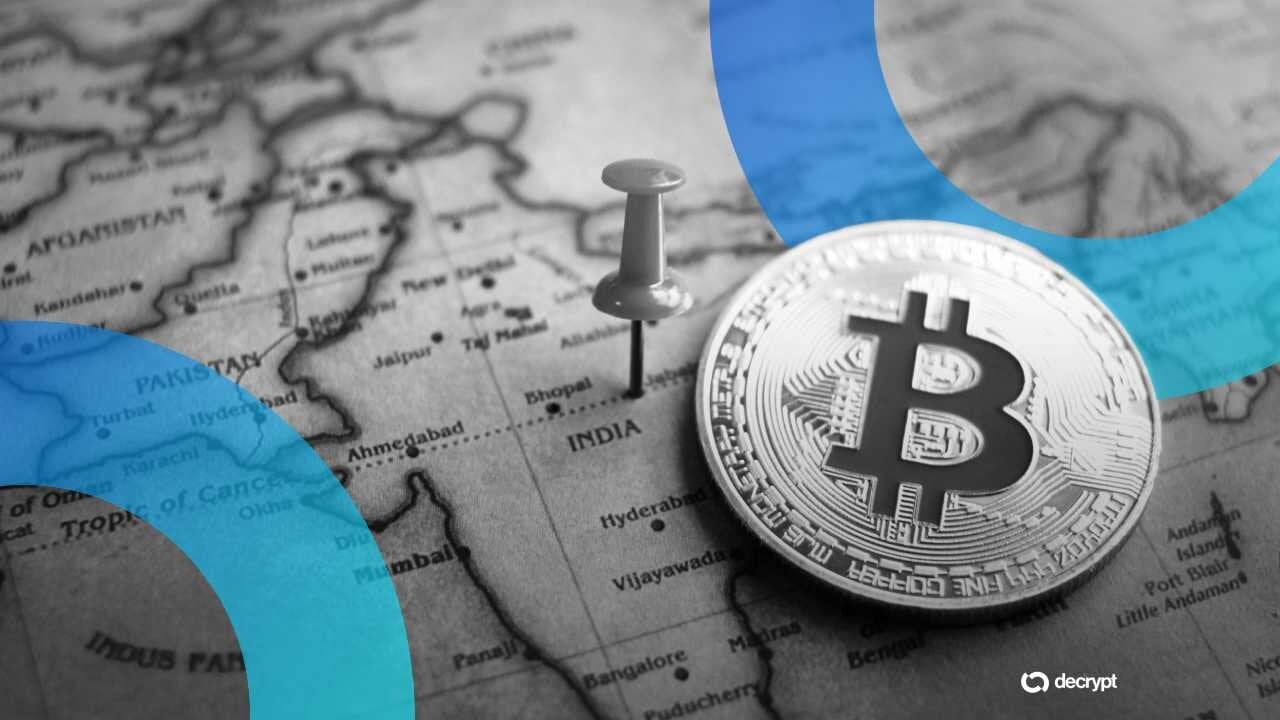Indian Minister’s Asset Disclosure Features Crypto for Second Straight Year Amid Policy Gridlock

Digital assets make another official appearance as regulatory progress stalls.
For the second consecutive year, cryptocurrency holdings have surfaced in an Indian minister's mandatory asset declaration—marking a quiet but significant nod to digital assets' creeping legitimacy.
While politicians disclose, policymakers delay.
India’s broader crypto framework remains stuck in deliberation phase, leaving investors navigating a gray zone—classic bureaucratic efficiency at work.
No laws, no bans—just more waiting.
India's crypto policy paradox
“A minister's disclosure of crypto holdings may indicate growing mainstream interest, yet the absence of detailed frameworks can leave entrepreneurs comparing jurisdictions with clearer licensing, custody, and disclosure norms," Vedang Vatsa, Founder of global crypto community Hashtag Web3, told Decrypt.
A survey of over 9,000 Indians by crypto exchange Mudrex showed that 93% of respondents favor crypto regulation, according to a press release shared with Decrypt.
Yet India is leaning against full crypto legislation, according to a Reuters report Wednesday, with a government document citing the RBI’s view that regulation WOULD grant crypto “legitimacy” and “may cause the sector to become systemic.” The document warned that a crypto ban could curb only “alarming” risks but would still fail to stop peer-to-peer and decentralized trading.
It also argued that widespread stablecoin use could "fragment national payment systems" and "weaken the country's digital payments system, Unified Payment Interface (UPI)."
This regulatory vacuum has fueled what Aishwary Gupta, Global Head of Payments & RWAs at Polygon Labs, previously described to Decrypt as an “ownership crisis” in stablecoin oversight among government departments.
Treating digital assets on par with other asset classes would “encourage more participation and prevent capital flight,” Edul Patel, CEO of Mudrex, told Decrypt, noting that “to get there, regulation must evolve into clarity” since “investors are not against rules; they’re against uncertainty.”
Economic stakes rise
India imposes a 30% flat tax on crypto gains with no exemptions, and an additional 1% Tax Deducted at Source (TDS) applies to every crypto transaction.
The Mudrex survey revealed the impact of this tax disparity, with 84% of respondents calling current crypto taxation unfair compared to other asset classes, and 66% citing the 30% tax rate as their biggest investment deterrent.
Gupta told Decrypt that India could save $68 billion a year with stablecoin integration, but banks are stalled since “their biggest challenge is not that they don’t want to do it, it is that they don’t know what RBI’s stance is on it,” a vacuum that has already pushed 80–85% of top crypto talent abroad.
Monica Jasuja, Chief Expansion and Innovation Officer at Emerging Payments Association Asia, told Decrypt she advocates for "a framework that bridges the gap between the Web2 financial system and the Web3 ecosystem," and has called for "smart regulation, tax clarity, and institutional trust" that could cement "India's place as a fintech hub of the future."

